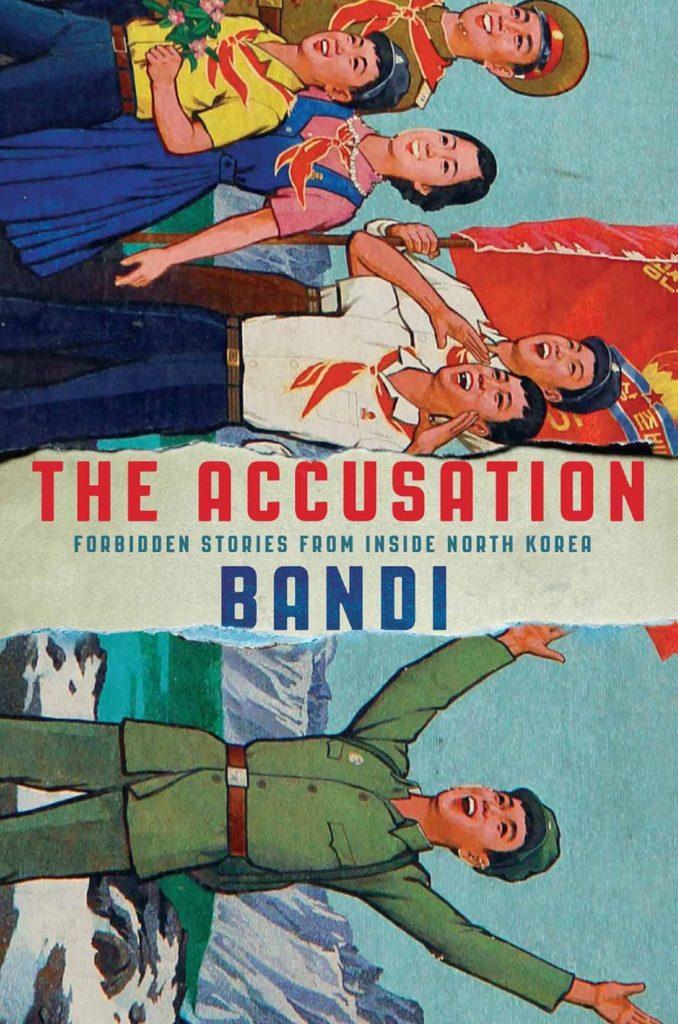“The Accusation” (고발) by North Korean author Bandi bleeds pain. The dissident short story collection is currently the only work of fiction successfully published internationally by a North Korean author still living in North Korea.
Bandi, whose name is derived from the Korean word for “firefly,” is affiliated with the state sponsored Chosun Writers’ League Central Committee and has refused to defect from North Korea out of fear for retaliation against his family.
Bandi was born to Korean parents in 1950. When Bandi was in his 40s, many of his friends and family died from the Arduous March, a period of mass starvation after the death of North Korean dictator Kim Il-Sung, which had a death toll as high as 3.5 million. It is at this time that Bandi wrote the seven stories featured in “The Accusation.”
Though each story is fiction and takes place over two decades ago, the setting of “The Accusation” mirrors the 21st Century repressive regime which exists under current North Korean leader Kim Jong-un. Brutal crackdowns against disobedience have been a staple of the Kim dynasty since 1948, and freedom for North Koreans have not improved since the Arduous March.
Bandi doesn’t write about concentration camps or public executions. He writes about the daily lives of human beings in North Korea. “Record of a Defection” begins with a husband suspicious of his wife’s fidelity. “So Near, Yet So Far,” revolves around a son trying to take care of his ill mother. “Life of a Swift Steed” is about memory and growing old.
What unites each story in the collection is the familial and interpersonal conflict that just so happens to take place with a backdrop of repression and isolation, which has alarming consequences for our characters who live in a state where internal conflict is viewed as an affront to the regime.
The collection is only 248 pages. When the book was smuggled out of North Korea, the stories spanned 750 loose sheets of paper and were stuck between pages of “The Collected Works of Kim Il-Sung.” The etchings faded after years of gestation as Bandi waited for the opportunity for his stories to become international.
Modern readers familiar with dystopian fiction like “1984” or “Brave New World” will recognize the same eerily authoritarian phrases and imagery. When Gyeong-hee, main character in the story “City of Spectators” says that “Fear swelled inside her – fear, something which had to be instilled in you from birth if you were to survive life in this country,” we can recognize the same fear which protagonists in other stories have fled before.
As readers, our escape from this terror is think to think “But it’s okay. This isn’t real.”
But with “The Accusation,” this is real. Right now, between 80,000 and 120,000 people are held in North-Korean concentration camps. The 2018 Global Slavery Index predicts that more than 1 in 10 North Koreans live as modern slaves. This is what makes “The Accusation” so powerful; we can’t escape.
“The Accusation” is fiction, but it is not imaginary. It is the most truthful book I’ve ever read, and it is bleeding in my hands.
Some biographical details of Bandi have been altered by those who know him to protect his identity.
























































